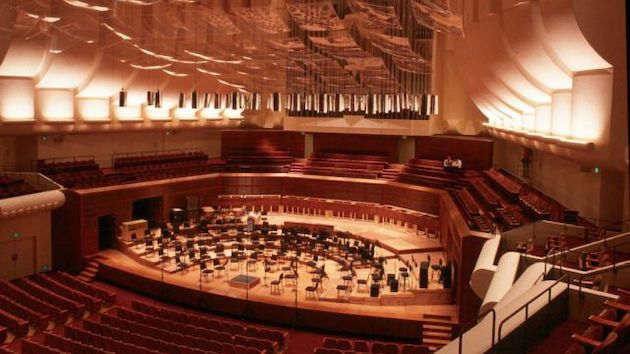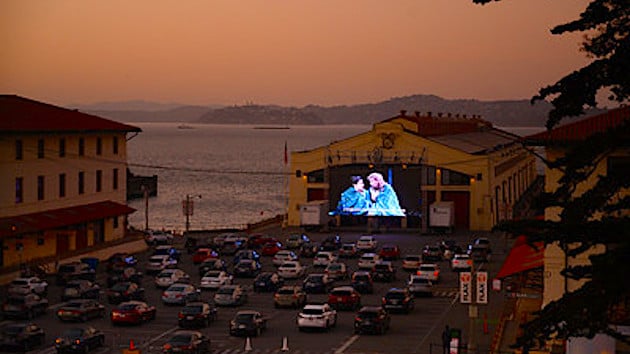
As COVID-19’s November resurgence has reached beyond 50 million cases in the world and over 10 million in the U.S. (with only four percent of the global population), arts organizations are rolling back tentative plans for reopening live performances.
Today, San Francisco Symphony announced canceling the entire season of concerts through June 30, 2021. Quoting SF Symphony CEO Mark C. Hanson:
While it is deeply disappointing to have to cancel the remainder of the planned concerts in our 2020–2021 Season, the ongoing impacts of COVID-19 make it clear that this is the best course of action for the Symphony at this time.
By canceling these performances, we are able to turn our full attention to investing in the creation of compelling and timely digital content and experiences that both fit within required safety guidelines and take advantage of them as a catalyst for innovation.”
Having already canceled the 2020 fall season, the orchestra calls attention to the recently announced a Nov. 14 “From Hall to Home” free concert, which “reflects the forward-looking creativity of the SF Symphony and the vibrant personalities of the Bay Area and beyond.”
SF Ballet has a digital plan for 2021, and SF Opera still is planning for an April 25–May 16, 2021, spring season of Rossini’s The Barber of Seville, Alexander Zemlinsky’s Der Zwerg (The dwarf), plus recitals, but given tenuous circumstances, a change in plans is neither confirmed nor denied.
It’s perfectly understandable that this uncertainty is also at work as numerous sources asked about the status of announced live performances provide noncommittal responses, usually adding “but don’t quote me.”

SF Opera meanwhile has just added to its digital events with a Dec. 4 stream of “Celebrating the Voices of SF Opera” hosted by Matthew Shilvock and Eun Sun Kim, showcasing appearances by Janai Brugger, Ashley Dixon, Amina Edris, Sondra Radvanovsky, Michael Fabiano, Pene Pati, Artur Rucinski, Alfred Walker, Nicola Luisotti, and members of the company.
Worldwide, as COVID-19 is surging most everywhere, shutdowns — maintained or ordered again — are in the majority. The country’s largest opera company, the Metropolitan, was among the first to announce the cancellation of live performances through the end of the 2020–2021 season.
Los Angeles Opera is premiering The Anonymous Lover on Saturday for a digital audience only (free access is available by registration), but the company has an extensive spring-summer season — subject, of course, to developments in health regulations. Santa Fe Opera’s summer season appears to be in the same “yes, but” situation.
Martha Dimes writes from Durham that North Carolina Opera “has two productions scheduled for spring, but we don’t know whether they will be able to take place.”
In Europe, where many activities resumed in late summer, the so-called “second wave” closed opera companies again in Italy, Spain, even in Germany, where the virus appeared to have been under control.
Berlin, which reopened widely, is now shutting down at least through November or the rest of 2020, but possibly beyond. No one knows for sure at Daniel Barenboim’s Staatsoper Unter den Linden, Donald Runnicles’s Deutsche Oper Berlin, or Barrie Kosky’s Komische Oper Berlin, where the motto is “The Show Will Go On!” (Demonstrating Berlin’s cosmopolitan nature, the artistic directors of opera’s Big Three hail from Argentina, Scotland, and Australia, respectively.)
San Francisco ex-pat Alexandra Ivanoff writes from Budapest that there is a “strict curfew at 8 p.m., so no performances can go later than that, but the total number of people that can gather in any one place is 10.” The Hungarian State Opera announced cancellation of live performances through Dec. 10, with the future in limbo; meanwhile the Opera House itself is under yet another major renovation, now expected to be completed in 2022.


